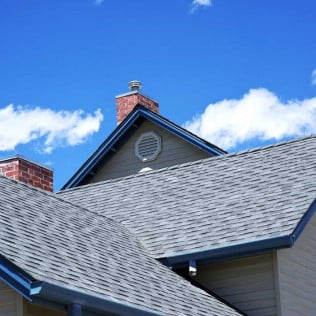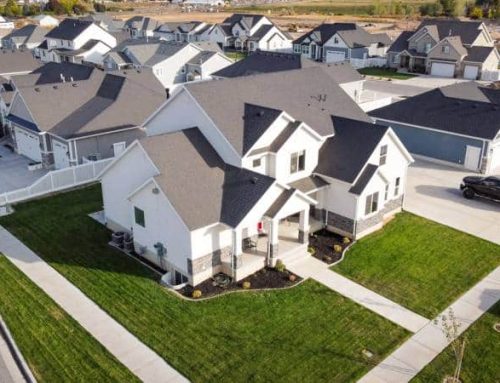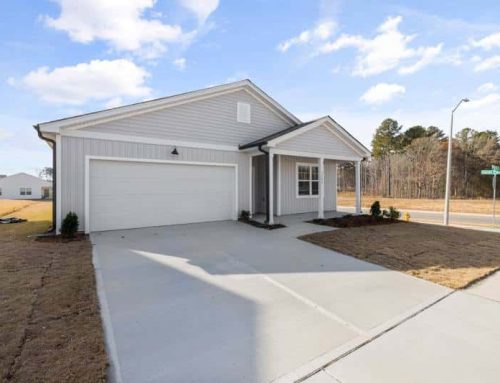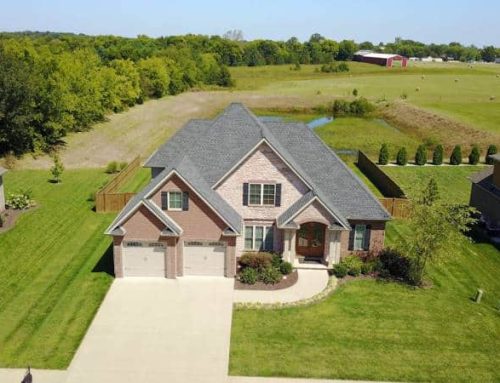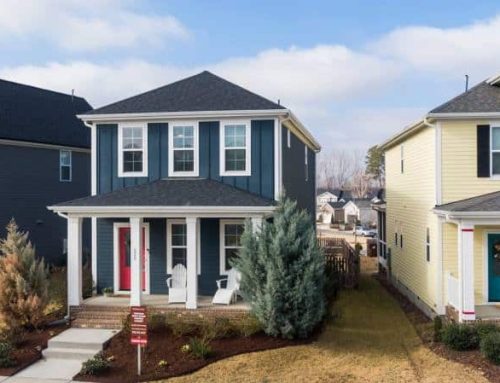The question of whether to repair or replace a roof is a top concern among homeowners. The answer usually depends on the age of your roof and its current condition.
If your roof only shows signs of minor wear, it probably just needs repair work. But, if the damage is more widespread, you are more likely to need an entirely new roof.
When to Repair
1 – The damage is only minor
If you only have minor damage to your roof, a full replacement can be a costly, excessive expense. As long as the damage is limited to small areas, a roofing specialist can usually fix it. Simple repair work can save you thousands in roofing costs.
2 – Your budget is tight
If you lack immediate funds for a complete roof replacement, the option of repair will likely save you thousands over the price of the new roof. Sometimes, problems that seem major can be resolved with repairs instead of replacements.
3 – The architectural integrity of your home must be maintained
If you live in a historical home, you probably want to keep it as close to the original design as possible. Replacing the roof could change the entire look of the property, but roof repairs allow you to maintain the architectural integrity of your home.
4 – You need service at a short notice
If you suddenly discover a leak in your roof, you may be in a pinch for time to get it fixed. This can be especially true if you had planned on going out of town for vacation or for work. Total replacements can take a lot of time because you have to get an estimate, pick out your roofing, order the materials, and then schedule time with a roofing specialist. But, a simple repair can usually be done quickly, allowing you to resolve the problem at a short notice.
When to Replace
1 – The current roof has reached its limit
Each roofing material has its own lifespan. Roofs made of clay or metal can last for centuries, but asphalt roofs tend to expire within two decades. You may have a couple of minor leaks that could technically be repaired, but if visual consistency is important to you, you may want to opt for a total replacement. Shingles with some age can appear faded and look like a different color against brand new shingles.
2 – Your roof is not compliant with current building codes
A new roof may be your only option if you wish to keep your property in compliance with modern building codes. While you can typically save money by having new shingles placed over faulty, pre-existing ones, you may not be within current building codes (if you already have more than one layer on your roof).
Not complying with building codes can lead you to run into issues if you decide to sell your property in the future. In any case, have this issue assessed the next time you have a roofing specialist examine your roof. That way, you’ll know where your property stands regarding compliance to local law.
3 – The damage to your roof is extensive
In some cases, your roof may be too damaged for repair work. If weather or another natural event (like a tree falling on your house) has caused damage to your roof, it will likely be far too extensive for repairs. As a rule of thumb, roof repairs can remedy damages that cover 30% or less of your roof.
4 – If repair would only be a stop-gap
Even though a completely new roof will cost more than repair work, the difference isn’t always substantial. Sometimes the price difference is so minor that you might as well opt for the replacement, especially if repair work would only be a stop-gap.
5 – You want an entirely new roof
The most apparent advantage of a brand new roof is the transformation it can give to your home’s appearance. If you’re wanting to give your home a new look, a new roof could be a critical investment.
To determine whether your home is in need of repair work or a total replacement, it’s best to have a roofing specialist examine it. Tristate Roofing & Remodeling has over 60 years of combined experience, and we’re here to help. Call us today to set up an appointment for a free estimate!

